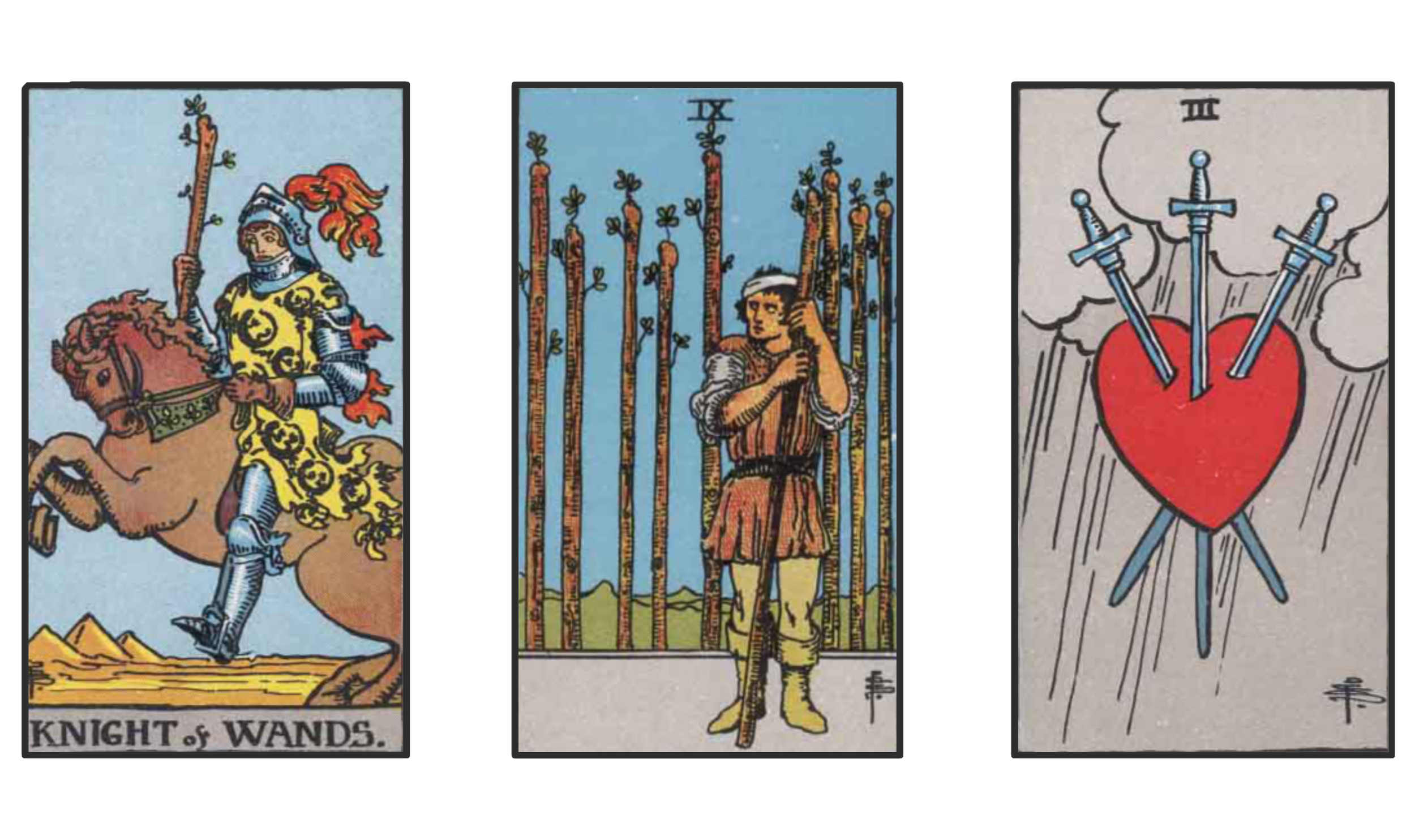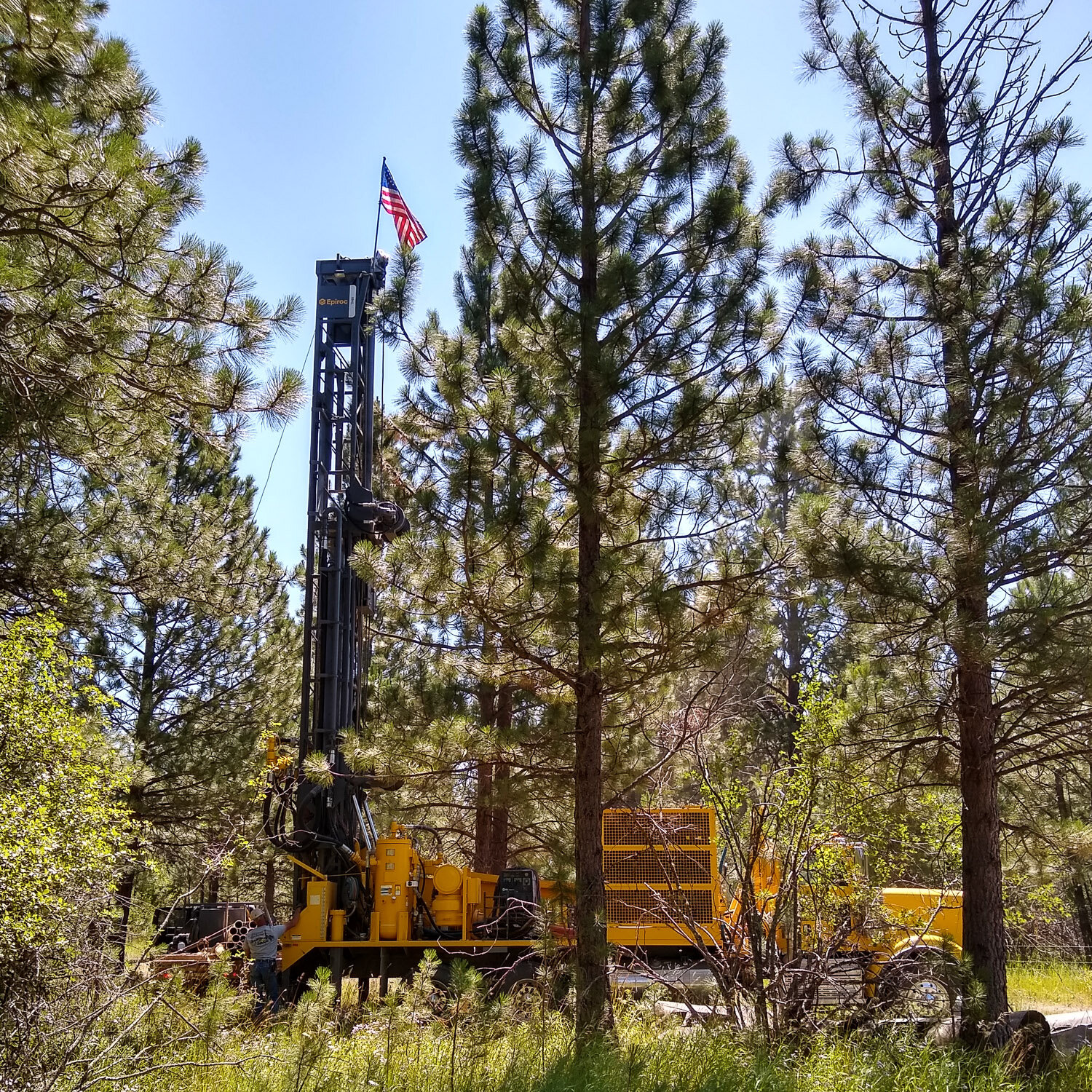HBM159: Final Haircuts
/Scissors in front of a pile of grey and black hair. Digital render by Jeff Emtman. Scissor model by sweedboy69 used under a Creative Commons Attribution license.
Rocky Villanueva in his Berlin apartment. Photo by Jeff Emtman.
During a moment of personal turmoil, Rocky Villanueva gets an email from a long-time client. His client is in his final weeks of life, and is getting his last wishes taken care of. One of those wishes: to look like himself when he dies.
Rocky says that many hairdressers and barbers have similar experiences: helping their clients through the last stages of life and letting them look the way they want to look for a final time.
Rocky packs his haircutting tools and bikes across Berlin to spend an hour with his client, giving him a haircut and receiving advice on love and grief.
Support Here Be Monsters with a small monthly contribution: patreon.com/HBMpodcast/
Want to sponsor an episode? HBMpodcast.com/sponsor
Producer: Jeff Emtman
Music: The Black Spot, Serocell, Phantom Fauna
Sponsor: The Summer Diary of a Lady Artist
The Summer Diary of a Lady Artist is a fictional illustrated diary of an artist navigating love and hatred.
The Summer Diary of a Lady Artist is now available at all online book stores.





























